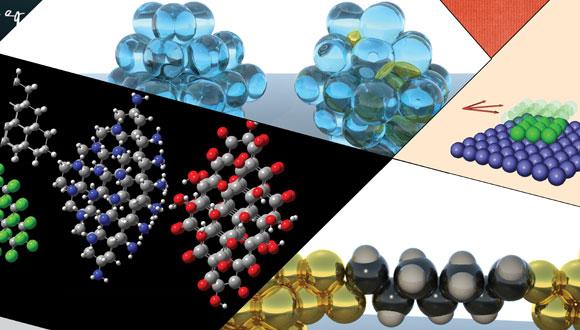Joshua Jortner Distinguished Lectures in Chemistry: SINGLE MOLECULE CHEMISTRY INDUCED BY INELASTIC ELECTRON TUNNELING
Professor Wilson Ho, Dept. of Physics and Astronomy, University of California, Irvine, USA
Specila Lecture in Physical Chemistry.
Abstract:
Electron-vibrational coupling underlies numerous chemical processes and constitutes a pathway to the control of chemistry. This coupling provides a mechanism to activate motions of atoms in a molecule that can result in the breaking and making of chemical bonds. The operational basis for the scanning tunneling microscope (STM) involves the tunneling of electrons between the tip and a substrate that can be adsorbed with molecules. The tunneling current is spatially confined to atomic dimensions. Furthermore, inelastic electron tunneling can occur and provide a pathway for transferring energy to the molecule. This inelastic process can induce elementary excitations (vibration, rotation, and spin), fluorescence and plasmonic light emission, conformational changes, and chemical reactions of single molecules. It is also possible to discover previously unresolved properties of molecules, such as the spin properties for molecules without unpaired electrons, or gain nanoscale perspectives of macroscopic processes such as mechanochemistry. Inelastic electron tunneling STM enables the probing of chemistry that could be revealed and understood by studying single molecules.


